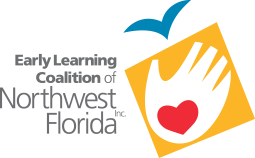November 27, 2023
ELCNWF ANNOUNCES GRANT OPPORTUNITIES FOR CHILDCARE PROVIDERS
$10K GRANTS AVAILABLE FOR EQUIPMENT, SUPPLIES, AND MATERIALS Marianna, FL – Childcare centers across the country are no longer receiving direct government…
November 17, 2023
Wellness During the Holidays
There are a few simple things that we can do this holiday season to help our children stay mentally and physically well.…
November 14, 2023
Family Engagement Month 2023
November is Family Engagement Month which is a special time to recognize the vital role that parents and families play in their…
November 6, 2023
First Friday addresses early learning
PANAMA CITY, Fla. (WMBB) —- Whenever industries consider relocating to Bay County, they consider the quality of education that’s available for their…
November 2, 2023
Free family program offers development screenings for children
By COLLIN BREAUX November 2, 2023 [email protected] Parents of young and growing children may wonder if their child is on the autistic…


